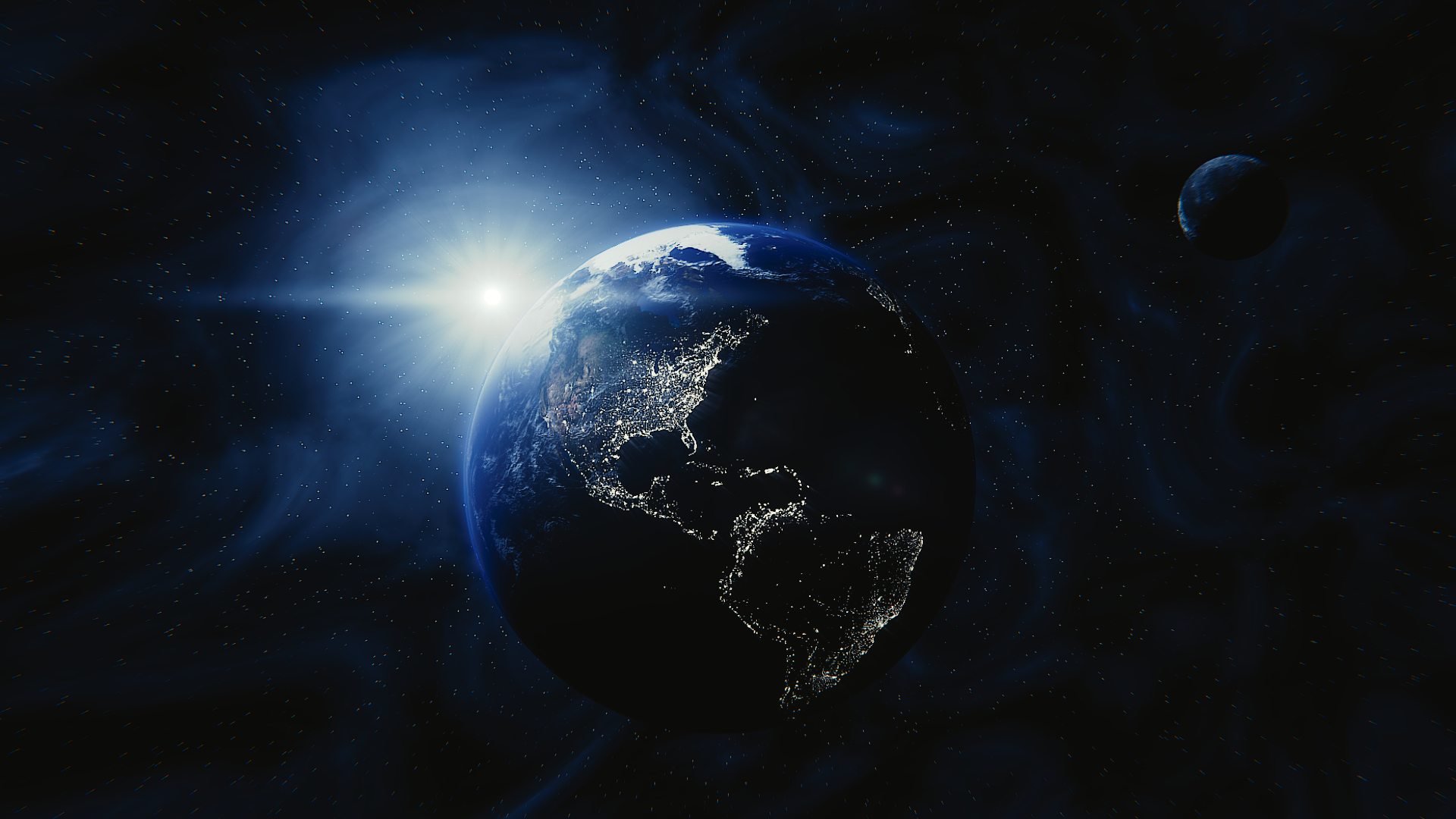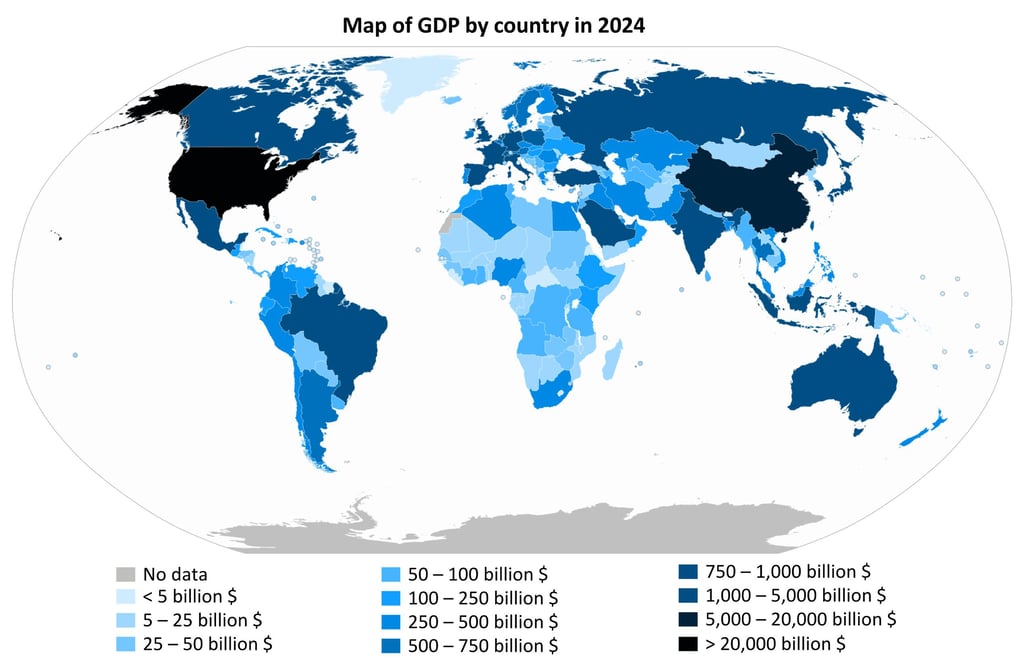
The Anthropocene Dictionary
Definitions of key notions and concepts related to the Anthropocene
Gross Domestic Product (GDP)
Definition: Gross Domestic Product (GDP) is an indicator developed by the American economist Simon Kuznets in 1931 to assess the scale of losses due to the Great Depression. It measures the added market value of all goods and services sold in a given year, as well as the production cost of non-market services provided by public administrations (education, health, etc.). GDP is the sum of all money spent in a given year. It is flow accounting, not stock accounting: it is money spent over a period of time. GDP is therefore different from wealth, which is the sum of assets and constitutes a stock.
GDP is the leading indicator for tracking economic growth, which is actually GDP growth. As economic growth has been very heterogeneous between countries over the last few decades, GDP today shows a high degree of variability between countries around the world.
GDP is intrinsically linked to two components: population size and GDP per capita. If the population increases, GDP tends to rise through a mechanical effect, as more goods and services need to be produced to meet the needs of the additional individuals. But GDP can also increase with a constant population, as long as the individuals in that population produce and consume more goods and services from one year to the next. In this case, GDP per capita increases.
GDP is calculated using the following formula: GDP = Consumption + Investment + Government spending + (Exports - Imports). The equation shows that if consumption rises, GDP rises, generating economic growth (which is GDP growth). If public spending or exports increase, GDP also increases. GDP measures only very limited aspects of the economy, and takes no account whatsoever of all the non-monetarized and often essential tasks, nor of individual well-being, social cohesion or the state of the biosphere. As long as spending increases, GDP increases and the economy is deemed to be “healthy” because it is growing. No importance is attached to the intention of spending. For example, increasing spending to manufacture more and more materials aimed at destroying life (which is precisely what is happening today with the explosion in spending on the military and armaments) is excellent for GDP. Given these limitations, GDP should not be taken for anything other than what it is: a "silly and nasty" indicator of money spending. Yet it has become the compass of human activity, its growth an imperative for the vast majority of the world's political leaders.
The definition of Gross Domestic Product (GDP) in pictures: GDP measures all monetary flows in a given year, and is considered a proxy for the size of the economy. It is the leading indicator for tracking economic growth. As economic growth has been very heterogeneous in space over the last few decades, the world map of GDP by country shows that GDP today is very unequal between the different countries of the world. GDP takes no account of the direction of monetary flows, nor of the destruction caused or tasks not monetized. For example, a destructive activity such as war can contribute to an increase in GDP, as it enables us to spend more money (on defense, arms production, etc.). In the final analysis, increasing GDP (i.e. economic growth) says nothing about essential aspects of our existence, such as happiness, individual or collective well-being, the state of the biosphere... This raises an essential question: is a collective project based on the ultimate goal of increasing GDP a sensible and desirable one? Apparently so, since GDP growth has become the sole compass for politicians the world over... Image source: Anders Feder, CC BY-SA 4.0 <https://creativecommons.org/licenses/by-sa/4.0>, via Wikimedia Commons. https://commons.wikimedia.org/wiki/File:Countries_by_GDP_(nominal).svg


